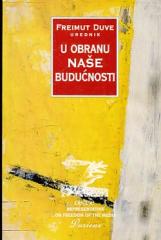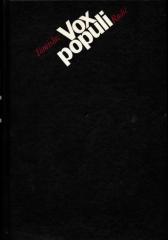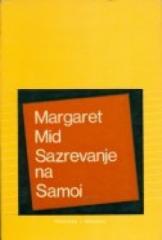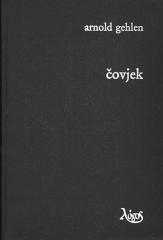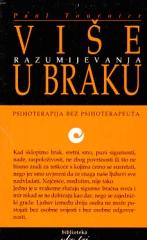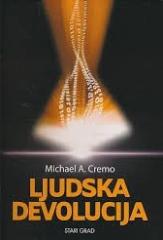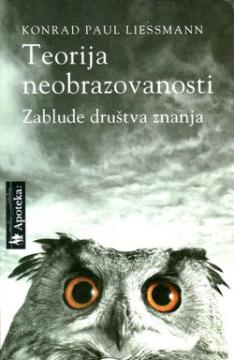
Teorija neobrazovanosti
Wahnvorstellungen der Wissensgesellschaft
Die Frage des Wissens und seiner Bewertung sollte eine dringende Frage für das Überleben des kroatischen Nationalwesens sein. Vor uns liegen sehr interessante Antworten von einem der angesehensten und berühmtesten österreichischen Wissenschaftler.
„Theorie der mangelnden Bildung“ ist eine aktuelle, polemische und brillant formulierte Kritik am Begriff „Wissensgesellschaft“. In neun scharfsinnigen Kapiteln analysiert dieser Aufsatz über die europäische Bildungs- und Kulturpolitik Medienphänomene wie „Millionär“ und ähnliche Quasi-Wissensquiz und betrachtet eine Reihe erfolgloser Reformen der Bildungssysteme (unter besonderer Berücksichtigung der Obsession mit PISA-Tests). und der Bologna-Prozess) reflektiert den Ranglistenwahn und die endlosen und fruchtlosen öffentlichen und privaten Debatten über die Verschlechterung des Niveaus der Grund- und Sekundarbildung.
Mit zahlreichen und witzigen Beispielen aus der heutigen universitären Praxis warnt Liessmann davor, dass die Politik des Nachgebens vor der „Kapitalisierung des Geistes“ (anstatt sich der „Spiritualisierung des Kapitals“ zu widersetzen) zweifellos in einen allgemeinen, massenhaften und allgegenwärtigen, geradezu schreienden Mangel stürzt Bildung, und dass die politische Lieblingsphrase „Wissensgesellschaft“ eindeutig als leere demagogische Plattitüde angeprangert wird.
Das Buch ist Liesmanns berühmtestes Werk, das in 16 Auflagen in Österreich erschien und zahlreiche Kritiken erhielt.
No copies available
The last copy was sold recently.
